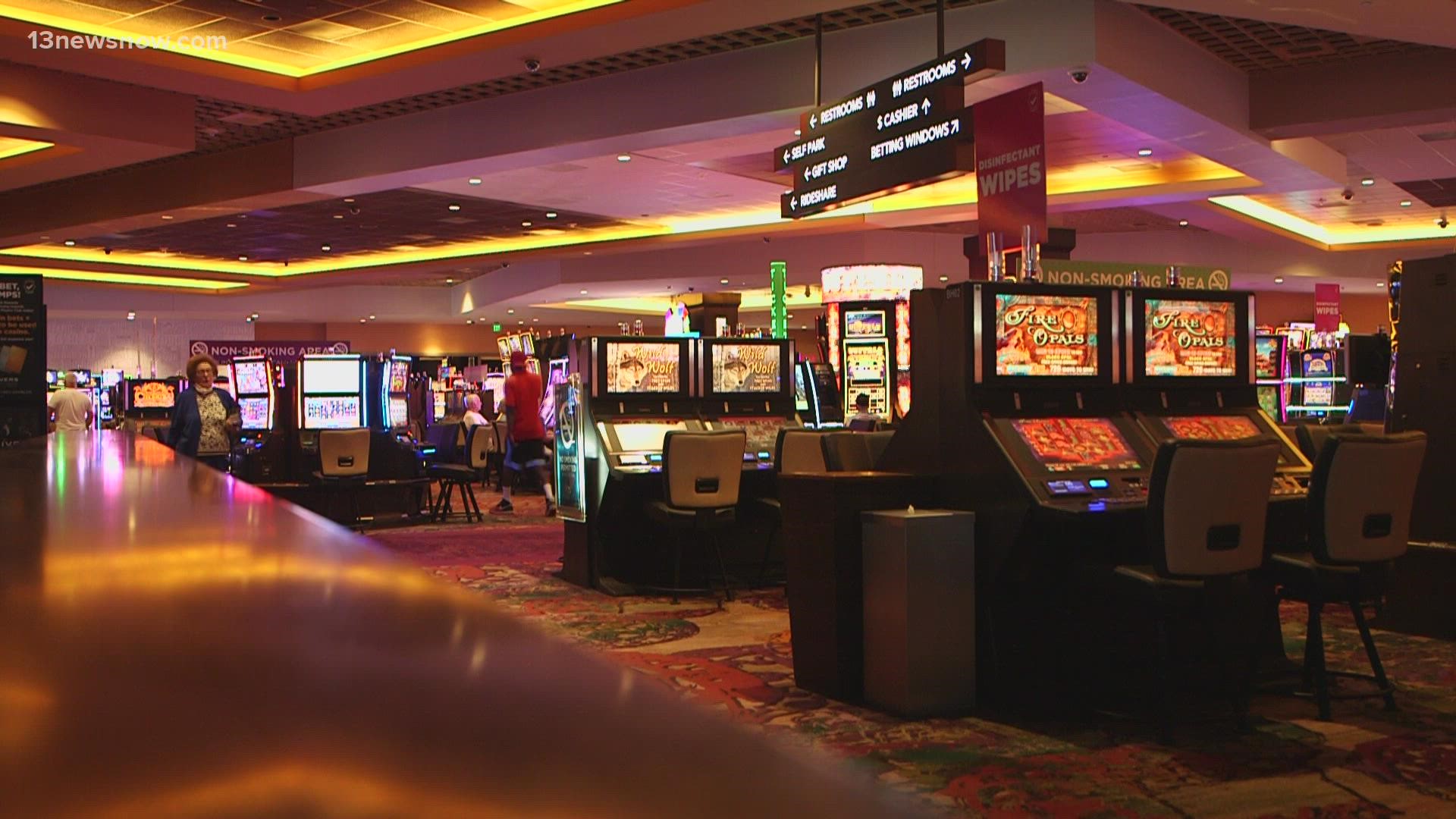
When we think of gambling games, the initial pictures that often come to mind are those of rotating wheel devices, card chips clattering on felt surfaces, and cubes flying across a gaming area. While numerous consider these games as mere hobbies fueled by chance, a deeper exploration reveals a fascinating blend of tactics, skill, and social engagement that raises them far beyond simple chance. Whether you are a experienced player or a curious newcomer, understanding the subtleties of these games can significantly enhance your experience and understanding.
Casino games have developed over hundreds of years, with various cultures contributing to their diverse histories and different forms. From the intricate strategies of 21 to the deception methods in poker, players engage in a battle of intellect as much as a risk on odds. This dynamic interplay between chance and expertise creates a exciting atmosphere that draws countless people to casinos worldwide. As we delve into the realm of card games, we will uncover the methods that can tilt the odds in your advantage and the social elements that make these games a popular choice for entertainment and engagement.
A Approach Behind Table Gaming
Table games frequently combine a blend of ability and chance, making them intriguing for participants who like a test. Each game has its unique set of rules and strategies that can influence the outcome. For example, in games like 21, participants are obliged to use tactics like card counting and grasping the odds to make smart decisions. This expertise can significantly improve the winning potential, differentiating experienced participants from novices who may rely solely on luck.
Conversely, games such as roulette may appear to be entirely based on chance, but strategic thinking can also play into play. Players can select between different betting strategies, such as the Martingale strategy, in which they increase the bets after a loss. This method can create a more controlled way to the activity. Ga179 Understanding the odds of specific wagers can also help players make smarter decisions on the roulette table, showcasing that even in titles of luck, strategy can enhance the enjoyment.
Additionally, the game of poker is notable as a game that strongly emphasizes strategy. Unlike most casino titles, the game of poker merges ability, mental acuity, and luck. Players must not only focus on the hands they are given but also consider their opponents behavior and betting patterns. Mastering principles like position, the odds of the pot, and reading bluffs is essential for winning. This depth of strategy in the game of poker often creates to a more engaging encounter for participants, where their decisions and skills greatly impact the match’s results.
Understanding Likelihood and Ratios
In the domain of casino games, likelihood and ratios play a critical role in deciding a gambler’s potential results. Every match has its own collection of guidelines that define how the probability of winning or losing is calculated. For example, in games like 21, participants have a opportunity to affect their ratios through strategy, whereas in games like roulette, the outcomes are purely governed by luck. Grasping how these probabilities are calculated can substantially affect how a player approaches the game.
Ratios are typically expressed in two formats: fractional and numeric. Ratio odds represent the ratio of the sum gained to the sum staked, whereas numeric ratios show the overall return for a successful bet, which includes the initial bet. For example, if a match has odds of 5 to 1, this means that for every one dollar staked, a player could gain five units if successful. Knowing how to interpret these ratios allows players to evaluate their potential earnings and formulate more educated choices during play.
Gamblers should also be aware of the casino advantage, which is the casino’s built-in advantage over the gamblers. Each match has a distinct advantage, and understanding this idea is crucial for managing one’s expectations and budget. Games with a lower house edge, such as blackjack and chemin de fer, typically offer superior odds for gamblers compared to activities like slot machines and keno. By understanding the relationship between probability, odds, and the house edge, players can enhance their gambling engagement and strategize more efficiently.
The Aspect of Table Gaming
Table games at casinos are often seen as a center of social interaction, bringing participants together in a shared experience that goes far past the mere act of gambling. The atmosphere at a poker table can be electric, with players engaging not only with the game itself but also with each other. Laughter, cheers, and, occasionally, playful teasing create connections that enhance the overall experience of the gaming experience. This communal aspect can turn a alone endeavor into a dynamic gathering, making table games particularly appealing.
One of the fascinating elements of gaming at tables is the way it fosters camaraderie among players. Whether it’s teaming up to defeat the dealer at a dice table or sharing stories between hands in a card game, the environment encourages communication. Participants often share tips or tactics, creating a sense of togetherness that boosts the fun. This social dynamic can make new gamblers feel included and less intimidated by the competitive nature of casino games. As the game continues, friendships may form, leading to a sense of connection that keeps players coming back to the table.
Moreover, the social aspect of gaming at tables extends outside just the participants. Casino staff play a crucial role in facilitating interaction and maintaining the flow of the game. Their ability to engage gamblers with warm dialogue and their expertise in managing the table can create an inviting atmosphere. This relationship between participants and dealers adds another layer of enjoyment, where gamblers feel bonded not only to one another but also to the staff. Such interactions are often what make the experience unforgettable, as participants leave with tales to tell and relationships made, reinforcing the notion that gaming at tables are truly about something greater than luck.

